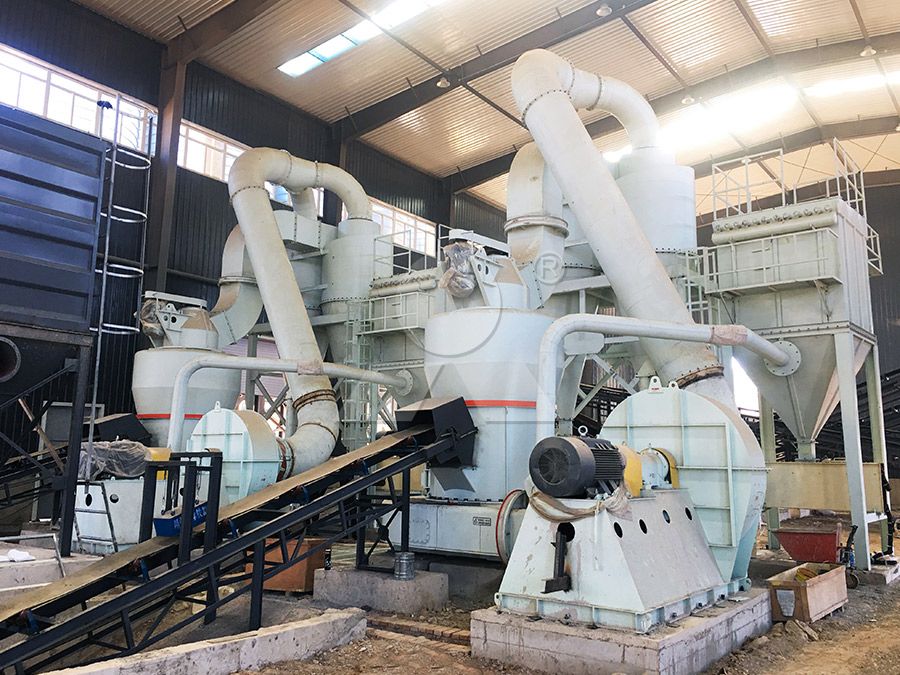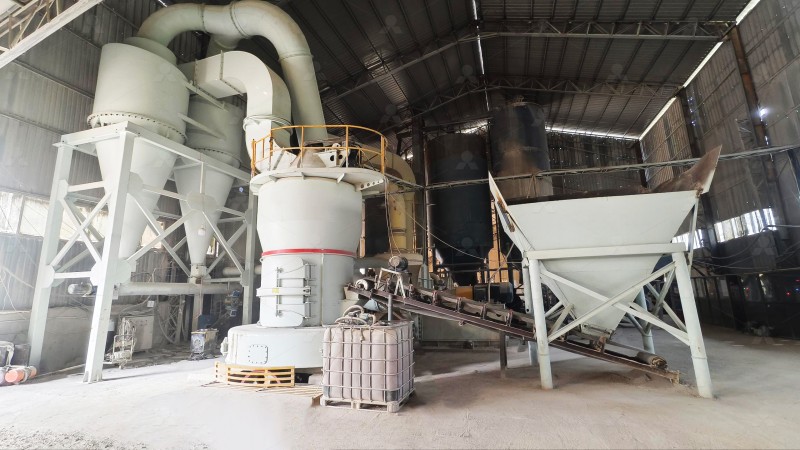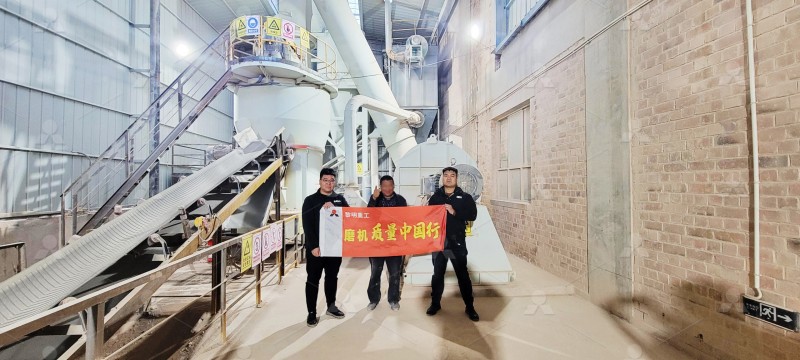5R3818 Raymond Mill for Coal Powder Grinding: A Comprehensive Guide
Unlocking Efficiency in Coal Processing with 5R3818 Raymond Mill
In the realm of industrial coal processing, achieving optimal particle size and consistent quality remains paramount for operational success. The 5R3818 Raymond Mill stands as a proven workhorse in this field, offering reliable performance for coal powder production across various industries. This robust grinding solution has evolved through decades of engineering refinement to meet the demanding requirements of modern coal processing facilities.

Technical Superiority in Coal Grinding Applications
The 5R3818 configuration represents one of the larger models in the Raymond Mill series, featuring five grinding rollers that provide substantial crushing force for coal materials. With an input size capacity of <25mm and throughput ranging from 0.6-5 tph, this mill handles the specific characteristics of coal effectively. The grinding mechanism employs centrifugal force where oscillating rollers press against the grinding ring, efficiently reducing coal to the desired fineness.
What sets the 5R3818 apart in coal applications is its integrated drying capability. As raw coal often contains moisture, the mill’s airflow system simultaneously dries and grinds the material, eliminating the need for separate drying equipment. This dual functionality significantly reduces both capital investment and operational costs for coal processing plants.
Advanced Features for Enhanced Coal Processing
The 5R3818 Raymond Mill incorporates several design innovations that make it particularly suitable for coal grinding. The optimized airflow system ensures efficient material transport through the grinding chamber while maintaining consistent temperature control. The separator mechanism allows precise adjustment of final product fineness, critical for meeting specific combustion requirements in power generation or industrial heating applications.
Durability concerns are addressed through wear-resistant materials in high-impact areas. The grinding rollers and rings utilize specialized alloys that withstand the abrasive nature of coal, extending maintenance intervals and reducing lifetime operating costs. The mill’s vibration-dampening design contributes to stable operation, minimizing structural stress and prolonging equipment service life.

Environmental Compliance and Operational Safety
Modern coal processing demands strict adherence to environmental standards, and the 5R3818 Raymond Mill delivers on this front. The closed-circuit airflow system, coupled with optional baghouse filters, effectively contains coal dust during operation. This containment not only protects workers but also prevents environmental contamination. The system’s negative pressure operation ensures that no dust escapes during normal processing, addressing a critical concern in coal handling facilities.
Beyond Traditional Raymond Mill Technology
While the 5R3818 Raymond Mill serves as an excellent solution for standard coal grinding applications, operations requiring ultra-fine coal powders should consider our MW Ultrafine Grinding Mill. This advanced system achieves fineness between 325-2500 meshes with screening rates reaching d97≤5μm in a single pass. The MW mill’s unique design eliminates rolling bearings and screws from the grinding chamber, addressing common failure points in continuous operation. With capacity ranging from 0.5-25 tph and input size handling up to 20mm, it represents the next evolution in coal processing technology.
For operations prioritizing vertical space utilization and higher automation, our LUM Ultrafine Vertical Grinding Mill offers compelling advantages. Integrating ultrafine powder grinding, grading, and transporting in a single unit, the LUM mill achieves energy savings of 30%-50% compared to conventional mills. Its reversible structure simplifies maintenance, while double position-limiting technology ensures operational stability even under variable feed conditions.

Strategic Selection for Coal Processing Needs
Choosing between the 5R3818 Raymond Mill and more advanced options depends on specific operational requirements. The 5R3818 excels in reliability and lower capital investment, making it ideal for operations with consistent feed characteristics and standard fineness requirements. Meanwhile, the MW and LUM mills provide enhanced capabilities for specialized applications where ultra-fine powders, higher throughput, or advanced automation justify additional investment.
Each of these solutions benefits from our company’s digital manufacturing processes, ensuring precision components and reliable performance. Our comprehensive spare parts support and technical services further guarantee worry-free operation, minimizing downtime and maximizing productivity across all coal grinding applications.
Frequently Asked Questions
What is the typical energy consumption of the 5R3818 Raymond Mill for coal grinding?
The 5R3818 demonstrates significantly lower energy consumption compared to traditional ball mills, typically achieving 30-40% energy savings. Exact consumption varies based on coal hardness, moisture content, and required fineness.
Can the 5R3818 handle high-moisture coal without pre-drying?
Yes, the integrated airflow system provides sufficient drying capacity for coals with moderate moisture content. For extremely high moisture levels, supplementary drying may be recommended for optimal throughput.
How does the MW Ultrafine Grinding Mill compare for coal applications?
The MW Mill achieves finer particle sizes (up to 2500 meshes) with 40% higher production capacity compared to jet mills at similar power consumption. Its bearing-free grinding chamber design enhances reliability for continuous operation.
What maintenance intervals are typical for the 5R3818 grinding components?
Wear part lifespan depends on coal abrasiveness, but typically grinding rollers and rings require inspection every 800-1,200 operating hours, with replacement around 2,000-3,000 hours under normal conditions.
Can these mills handle other materials besides coal?
Absolutely. Our grinding mills process various materials including limestone, gypsum, barite, and other non-metallic minerals, providing operational flexibility for diverse industrial applications.
